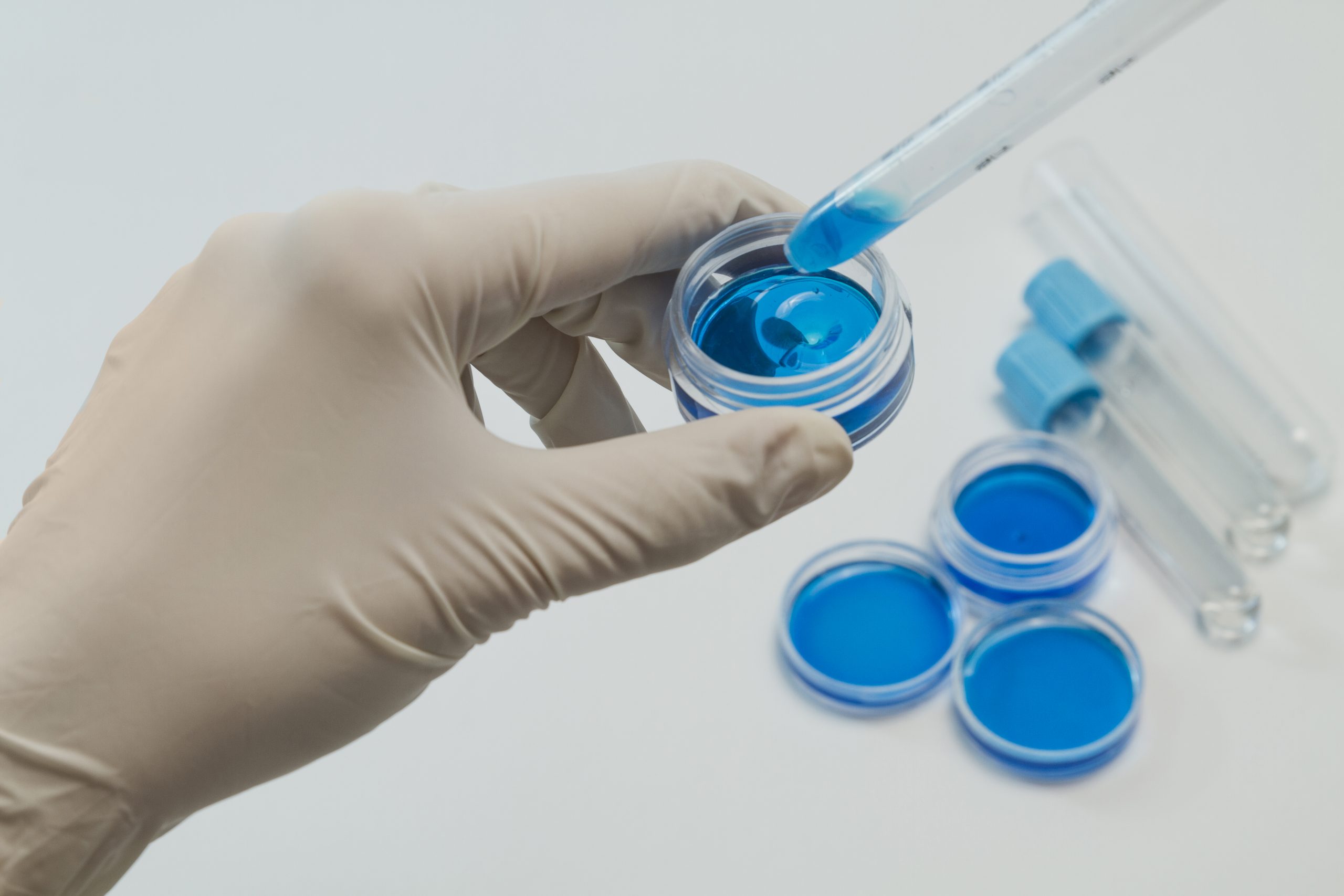
The AstraZeneca coronavirus vaccine clinical trials will resume in the UK after pausing it due to safety concerns.
AstraZeneca announced that its vaccine clinical trials got a green light from the United Kingdom’s Medicines Health Regulatory Authority.
The confirmation suggests it is safe to resume the vaccine clinical trials. The company did not reveal any medical information about the pause of the trial, but noted earlier this week that they were investigating an illness involved in the process.
The company said, “the standard review process triggered a voluntary pause” to all clinical trials on Sept. 6 so that independent committees and internal regulators could evaluate the safety data. While trials can now run in the UK, the status of trials elsewhere is still uncertain.
“The Company will continue to work with health authorities across the world and be guided as to when other clinical trials can resume to provide the vaccine broadly, equitably and at no profit during this pandemic,” AstraZeneca noted in a statement.
The University of Oxford, which came up with the vaccine in partnership with AstraZeneca, announced that some 18,000 people have so far taken the vaccination in trials.
“In large trials such as this, it is expected that some participants will become unwell and every case must be carefully evaluated to ensure careful assessment of safety,” Oxford said in a statement.
In a report by STAT News, AstraZeneca’s CEO Pascal Soriot said during a private conference call that the “potentially unexplained illness” was manifested by a woman in the UK. She showed neurological symptoms that match a spinal inflammatory disorder known as transverse myelitis.
On the same conference, Soriot explained that the vaccine clinical trials had been stopped once before in July after a participant manifested neurological symptoms, but the illness was eventually proven to be unrelated to the candidate vaccine.
WHO's reaction
World Health Organization (WHO) Chief Scientist Dr. Soumya Swaminathan emphasized that there is no need to be “overly discouraged” by the announcement of the pause of the trial, clarifying that “these things happen.”
“I think this is a good ... perhaps a wake-up call or a lesson for everyone to recognize the fact that there are ups and downs in research, there are ups and downs in clinical development and we have to be prepared for those,” she said.
“There’s a protocol for what you do when something happens,” Swaminathan told the press. “If it’s a mild side effect, there are things to be done. If it’s major as it was in this case — it was a severe side event — and therefore the trial was halted. And again this is normal procedure. This is good clinical practice because safety is of the upmost, highest priority in any clinical trial.”
“We hope that things will be able to move on but again it depends. It depends on a lot, and we have to wait to see the details of what actually happened,” she noted.
“It could be that we see some results end of the year, it could be early next year, but that’s the time frame in which we start seeing the results. There’s no way of predicting currently which ones are going to be effective,” Swaminathan said.






